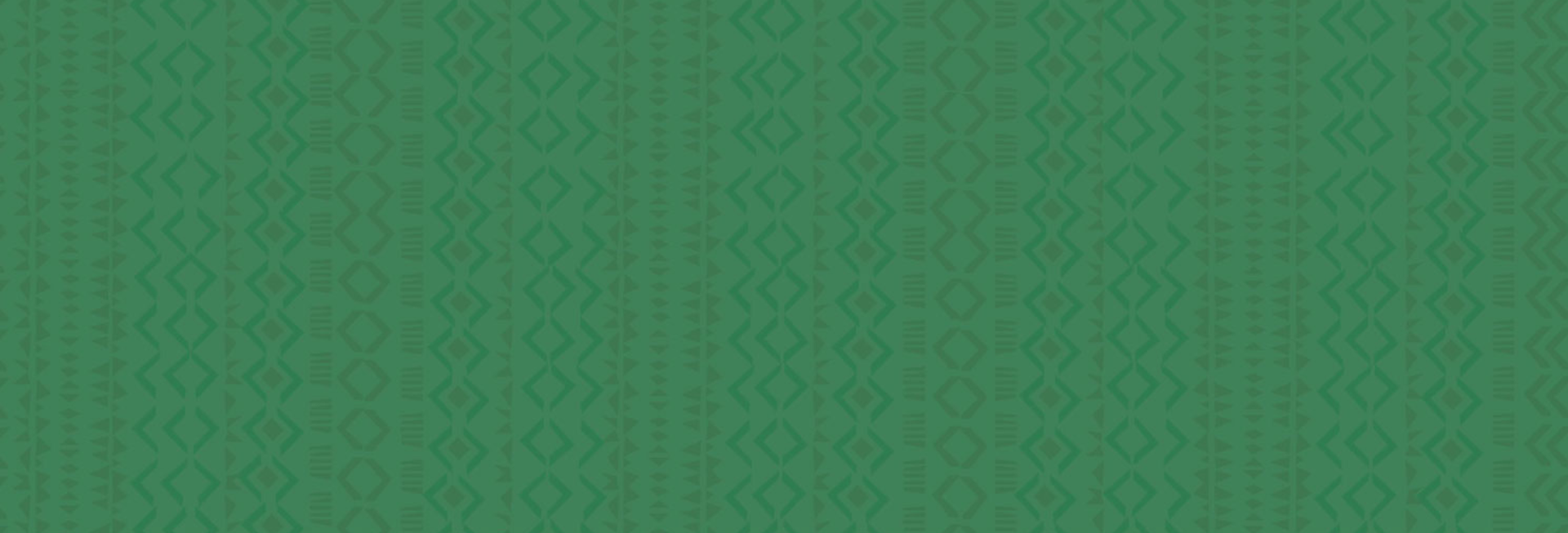Micheal Kaluba
I have been an active contributor to the Wikimedia movement since 2020, focusing on bridging knowledge gaps, promoting open data, and integrating geospatial information with Wikimedia platforms. As the Project Lead for WikiGap 2024 & 2025 under Wikimedia Community User Group Uganda, I have worked to increase the representation of women and marginalized voices on Wikipedia.
Additionally, I serve as a board member at Board of Directors of Wikimedia Community User Group Uganda, contributing to strategic planning and management for Wikimedia initiatives. My work at OpenStreetMap Uganda allows me to connect geospatial data with Wikimedia projects, enriching Wikidata and Wikipedia articles with location-based knowledge. I have led training programs on OpenStreetMap, Wikidata, and Wikimedia Commons, empowering communities to engage with free and open knowledge platforms.
I actively advocate for open data, digital literacy, and knowledge equity through edit-a-thons, mapping projects, and Wikimedia campaigns. As the Wikimedia movement celebrates Wikimania@20, I remain committed to expanding Wikimedia’s impact in Uganda and Africa, strengthening collaborations between Wikimedia, OpenStreetMap, and public institutions, and ensuring African knowledge is well-represented in Wikimedia’s global ecosystem.
Session
🎥 Session recording: https://w.wiki/F8HG 🎥
Community and public libraries, along with museums, play a crucial role in knowledge dissemination, cultural preservation, digital access, and literacy. However, many of these institutions in Uganda remain undocumented, making it difficult for communities, researchers, and policymakers to support and engage with them effectively.
This session will showcase how OpenStreetMap (OSM) and uMap have been used to map community and public libraries as well as museums across Uganda, creating an open, accessible dataset that benefits researchers, policymakers, educators, and the general public.
We will explore the methodology used in mapping these institutions, data collection challenges encountered, and how Wikimedia projects can integrate and amplify such open datasets. Additionally, the session will highlight how community-driven mapping efforts can bridge digital and knowledge access gaps and foster meaningful partnerships particularly in the Global South.

